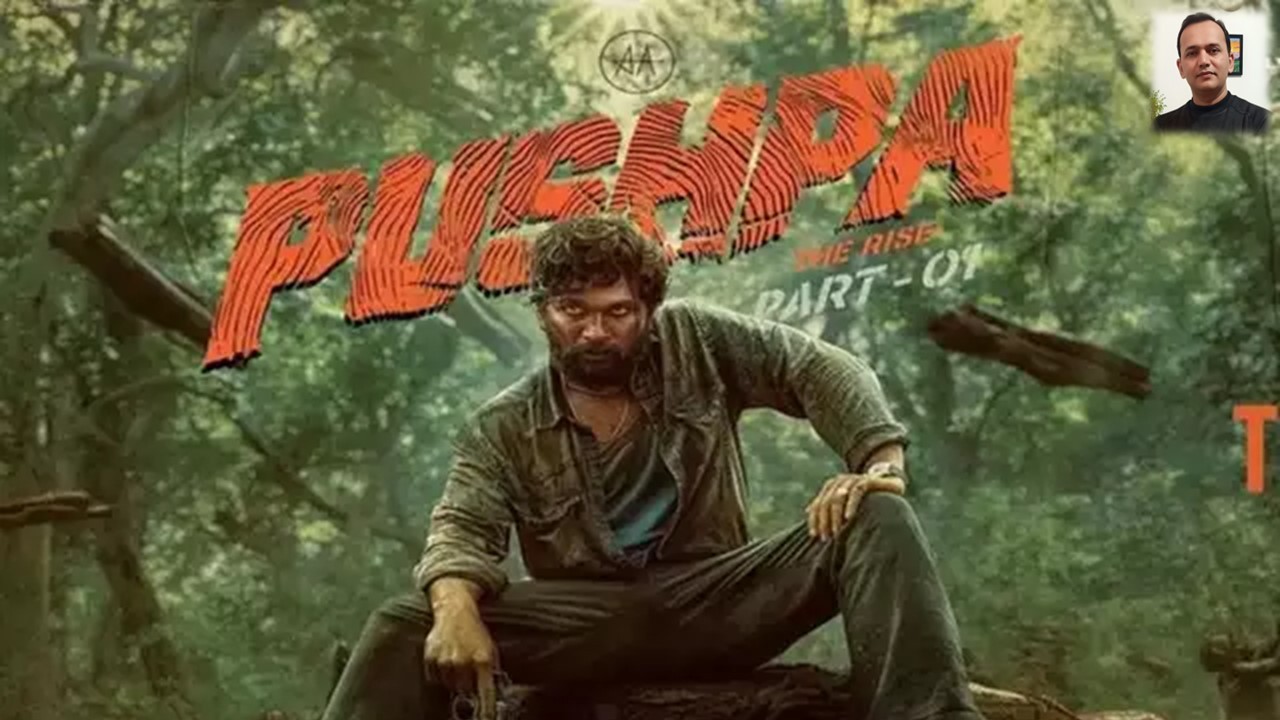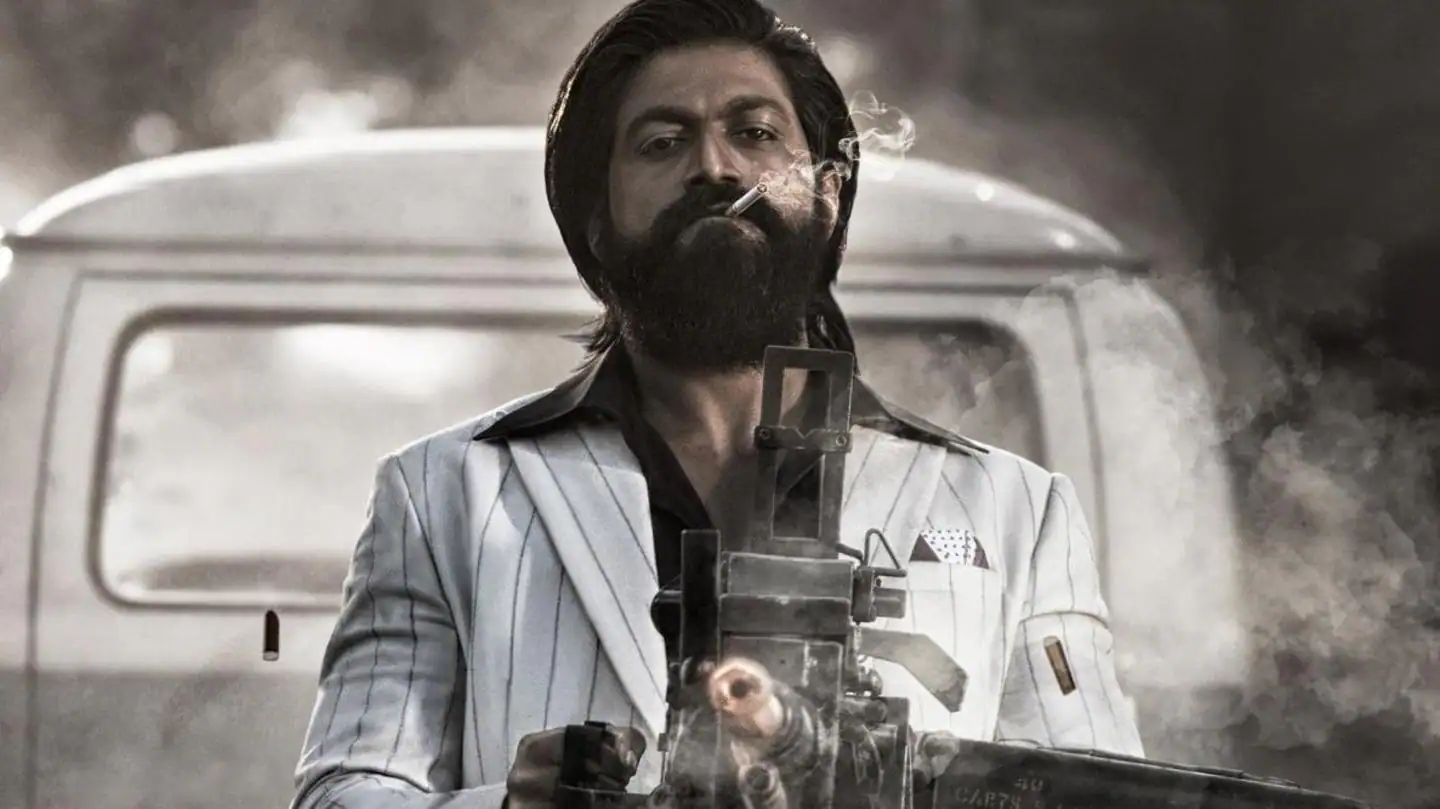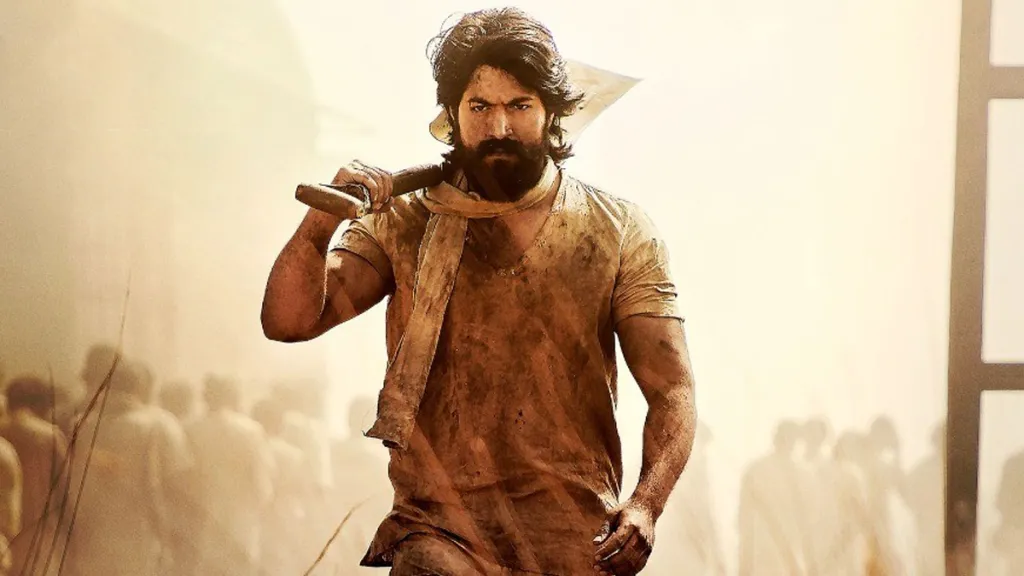Streaming
Midnight Mass: The Blood of Life
The isolated island community of Crockett receives a mysterious new head priest, full of secrets and a brand new testament under a very unusual Messenger of God.
Meet poor Riley Flynn (Zach Gilford), freshly released from prison and wracked with guilt over what got him there, a stupid drinking accident that caused the death of his ex-girlfriend. The last thing he wants to do is go back to Crockett and the judgment of the mostly religious community there, his disappointed family, and the nightmares of his ex’s death that plague him. But where else would have him? Resignedly on the ferry, he goes.
Riley’s dad Ed (Henry Thomas) isn’t the kind of man who talks very much at all, much less about his feelings, or his very real disappointment in his elder son. Riley’s teen brother Warren (Igby Rigney) has no idea what to say to him either, and just generally keeps mum. Riley’s mom Annie (Kristin Lehman) is accepting and loving, hesitant in how to help her eldest son but never wavering in her faith in the help of our lord Jesus. Mom seems to think a good heaping dose of the Church would set Riley right but is surprised to learn that the old priest of the Parish, Pruitt, has taken an extended leave of absence from the island, and his newcomer replacement Father Paul (Hamish Linklater) is young, charismatic, and bursting at the seams to tell the whole island about the gifts he brought them, most especially what he claims as a new testament under a messenger of God.
We’ll get back to that whole ball of issues in a moment, the other interesting characters of Crockett Island. Bev Keane (Samantha Sloyan) is the nightmarish overly polite and gently, almost lovingly condescending neighbor Christian woman you’ve ever loathed, the kind of person who explains away every last thing her Church may do wrong or contradictory because, after all, God works in mysterious ways. Pfft. Of course, Bev immediately ingratiates herself as the second to the new Father Paul in their services and is the first to start covering up his transgressions as they become more rampant.
Newcomers to Crockett Sheriff Hassan (Rahul Kohli) and his son Ali (Rahul Abburi) present a burgeoning problem to the plans of Father Paul and his shadowy companion, for they are both practicing Muslims. The practical side of investigating these so-called ‘miracles’ and strange happenings falls on Hassan’s shoulders, as he already struggles with barely-concealed racism and suspicion from his fellow islanders, and of course his son is being wooed away from him by the promise of actual, tangible miracles, but from a different whole faith and God. Father Paul definitely does not practice a traditional Christian faith and relies far too much on making use of the eucharist, the ceremony of the blood and flesh of Jesus Christ turning into bread and wine and, well, consumed.
Wade (Michael Trucco) and his wife Dolly (Crystal Balint) are lifers of the island and both in general interested in one thing, the advancement of their own family, specifically their daughter Leeza (Annarah Cymone), who happens to be in a wheelchair. And that happens to be the canny Father Paul’s first real miracle-with-a-cost that he demonstrates to the astonishment of the parishioners, after a heartfelt and rousing sermon, Father Paul commands Leeza to rise, to stand, and to walk. And lo, she does. What parents wouldn’t wholly dedicate themselves to a cause after seeing this happen to their beloved precious daughter? The fringe benefits of healing, and power, the ones that come at a mighty, currently unnamed, cost, are simply a nice bonus.
Joe Collie (Robert Longstreet) is the town drunk, and while his reasons for drowning his sorrows in the sauce might be understandable, absolution wears a very different face when it comes from Father Paul. While Leeza might be willing to forgive Joe, and even as Joe begins attending the newly-formed Al-Anon meetings on the island of course hosted by Father Paul, redemption might’ve been better sought from medical professionals, and not this newfound method of religious worship.
Dr. Sarah Gunning (Annabeth Gish) is the islands’ kind of all-around medic, and this is how she and Riley’s old friend Erin (Kate Siegel), also newly returned to the island, a few months pregnant but traveling quietly alone, met when Erin comes to the Doc for obstetrics. Sarah’s older mother Mildred Gunning (Alexandra Essoe) has many medical and mental issues, and Sarah struggles in their shared home, to take care of her addled mom and balance her own life. Then Father Paul takes it upon himself to visit one of his oldest parishioners, bringing the sacred host and wine with him to give directly to Mildred, who starts looking and acting so much better under his loving care.
The show is very much a slow slow burn, with a lot of the actual action taking place in the last two episodes. Much of the beginning and middle episodes feature two people just sitting alone, having quiet and seriously in-depth conversations about heavy subjects – grief and repentance, what happens when we die, the disasters that come as a result of addictions, how our actions’ consequences reverberate to those we love around us, faith and the foibles of man, and of course, the giving of oneself over to a higher power, for strength, and guidance, and love.
Except, for the higher power that Father Paul brought back with him, to share with his beloved flock of Crockett Island, while it may be extremely powerful and full of what could be considered miraculous magic, everything comes at some kind of a cost. And when the Messenger of God is finally revealed to the shocked denizens of Crockett at Easter Mass, with Father Paul rapturing on about rebirth as the bloody massacre begins in earnest, it’s faith, not in any kind of God or religion, but faith in each other, that may save a few hardy souls.
Question the wisdom of your religious leaders along with the rest of us in a fine slow-burn addition to the Flanaverse, Midnight Mass is on Netflix now!
Streaming
Review: Pushpa: The Rise (2021)

Director: Sukumar
Cast: Allu Arjun, Rashmika Mandanna, Fahadh Faasil
Genre: Action, Drama
Rating: 4.5/5
Pushpa: The Rise is a raw, adrenaline-fueled ride that showcases the underbelly of the red sandalwood smuggling trade in Andhra Pradesh. Directed by Sukumar, this movie brilliantly blends high-octane action with emotionally driven storytelling, making it a must-watch for fans of Telugu cinema and action dramas.
The narrative follows Pushpa Raj (Allu Arjun), a laborer in the red sandalwood trade, as he climbs the ranks to become a powerful figure. Born into poverty and scorned for his illegitimacy, Pushpa’s journey is marked by grit, ambition, and a fierce sense of self-respect. The film deftly balances the action-packed rise of Pushpa with moments of vulnerability, particularly in his tumultuous romance with Srivalli (Rashmika Mandanna).
The antagonist, Bhanwar Singh Shekhawat (Fahadh Faasil), is introduced towards the film’s end, setting the stage for a gripping sequel. The climactic confrontation between Pushpa and Shekhawat is a masterclass in tension-building, leaving viewers eagerly awaiting Pushpa: The Rule.
Allu Arjun: This is Allu Arjun’s film through and through. His transformation into Pushpa is a revelation, from his rugged look to his unapologetic demeanor. His mannerisms, including the now-iconic shoulder rub and dialogue delivery, make Pushpa an unforgettable character.
Rashmika Mandanna: While her role as Srivalli adds emotional depth to the story, it feels slightly underutilized. However, her chemistry with Allu Arjun is undeniable.
Fahadh Faasil: Despite limited screen time, Fahadh delivers a chilling performance as the cold and calculating Shekhawat. His presence promises an explosive conflict in the sequel.
Sukumar’s direction is stellar, balancing mass appeal with nuanced storytelling. The screenplay maintains a brisk pace, seamlessly weaving action sequences with character development. The film’s raw and grounded tone is a departure from the glossy feel of many mainstream Telugu films, adding authenticity to the story.
Mirosław Kuba Brożek’s cinematography is stunning, capturing the lush forests of Andhra Pradesh and the gritty world of the red sandalwood trade.
Devi Sri Prasad’s music is another highlight. Tracks like “Srivalli” and “Oo Antava” became cultural phenomena, while the background score enhanced the film’s intensity.
Action Sequences: The action choreography is visceral and hard-hitting, perfectly complementing the film’s tone.
The film explores themes of ambition, class struggle, and self-respect. Pushpa’s refusal to bow down to societal norms resonates deeply, making him a relatable anti-hero. The story also critiques the systemic exploitation of laborers, adding a layer of social commentary.
Pushpa: The Rise is an exemplary action-drama that redefines the Telugu film industry’s global appeal. With a magnetic performance by Allu Arjun, stellar direction by Sukumar, and unforgettable music, it stands out as one of the best films of 2021. While it occasionally falters with some underdeveloped subplots, the overall experience is nothing short of spectacular.
4.5/5 Pushpa: The Rise is a cinematic feast that deserves its cult status. Whether you’re a fan of Telugu action films or a newcomer, this film is a must-watch. Its cliffhanger ending ensures that Pushpa: The Rule will be even bigger and better.
Streaming
KGF: Chapter 2

Director: Prashanth Neel
Cast: Yash, Sanjay Dutt, Raveena Tandon, Srinidhi Shetty
Genre: Action, Drama
Rating: 4.5/5
KGF: Chapter 2 is an explosive sequel to the 2018 blockbuster KGF: Chapter 1. Directed by Prashanth Neel, the film elevates the gritty narrative of Rocky (played by Yash), a man who rises from poverty to become a feared and revered leader. The sequel builds on the success of the first chapter with an even grander scale, intense drama, and jaw-dropping action sequences.
The story picks up with Rocky establishing his dominance over the Kolar Gold Fields after eliminating his rival, Garuda. As the “king of KGF,” Rocky faces new challenges, including the vengeful Adheera (Sanjay Dutt), who returns to reclaim what he believes is rightfully his. Meanwhile, political power struggles arise, with Prime Minister Ramika Sen (Raveena Tandon) intent on curbing Rocky’s influence.
The film delves deeper into Rocky’s psyche, exploring his motivations, vulnerabilities, and unrelenting ambition. It balances high-octane action with emotional depth, as Rocky continues his fight for survival and legacy.
Yash’s Star Power: Yash’s portrayal of Rocky is magnetic. His intensity and swagger make the character larger-than-life while retaining a raw, emotional core.
Sanjay Dutt as Adheera: Inspired by Viking warriors, Dutt’s Adheera is a terrifying and formidable antagonist, creating memorable clashes with Rocky.
Visual and Technical Brilliance: The cinematography by Bhuvan Gowda captures the grandeur and darkness of KGF with stunning visuals. The action sequences are choreographed to perfection, blending realism with spectacle.
Ravi Basrur’s Music: The background score enhances the drama, creating an immersive experience.
Dialogues and Screenplay: Rocky’s punchlines, combined with the tightly written narrative, keep the audience engaged.
While the film is a cinematic treat, its pacing occasionally falters with some scenes overstaying their welcome. The sprawling cast and multiple subplots can make the narrative feel dense at times.
KGF: Chapter 2 is a roaring success that delivers on its promise of being bigger, bolder, and better than its predecessor. It combines a compelling story with spectacular action and unforgettable performances, particularly from Yash and Sanjay Dutt. The film solidifies the KGF franchise as a benchmark for Indian action cinema.
Final Rating: 4.5/5 Whether you’re a fan of action-packed epics or compelling character-driven dramas, KGF: Chapter 2 is a must-watch that will leave you exhilarated.
Streaming
KGF chapter 1 – A Gritty Saga of Power, Poverty, and Redemption

Indian cinema has a long-standing tradition of delivering grand narratives that are equal parts spectacle and soul. KGF: Chapter 1 (Kolar Gold Fields), directed by Prashanth Neel, is a prime example. This gripping action-drama chronicles the meteoric rise of Rocky, a man driven by a promise and fueled by his hunger for power. Released to critical acclaim, KGF has redefined the boundaries of storytelling in Indian cinema.
Set in the 1970s, KGF follows the journey of Rocky (Yash), a young boy born into poverty in the slums of Mumbai. From a tender age, Rocky is shaped by two forces: his mother’s dying wish for him to rise above his circumstances and his unyielding ambition to command respect and fear.
His journey takes him to the gold mines of Kolar, a lawless land ruled by brutal oppressors. The film tracks Rocky’s transformation from a street-smart hustler to a feared force who challenges an empire built on blood and exploitation.
The strength of KGF lies in its compelling protagonist. Yash delivers a magnetic performance as Rocky, embodying both his raw charisma and ruthless determination. The film paints a vivid picture of a man who thrives in adversity, using every setback as fuel for his ascent. Rocky is not a mere vigilante but a strategist, whose ability to inspire loyalty and strike fear sets him apart.
The movie captures his internal conflict beautifully — while he climbs the ladder of power, he never loses sight of his mother’s dream for him. This duality makes Rocky more than just a hero; he is a symbol of rebellion, resilience, and redemption.
At its core, KGF is a commentary on systemic oppression and the human spirit’s ability to rise against all odds. The stark contrast between the opulence of the gold fields’ rulers and the crushing poverty of its workers sets the stage for Rocky’s rebellion. His fight isn’t just personal; it’s for the voiceless, the oppressed, and the forgotten.
The film doesn’t shy away from showcasing the brutal realities of poverty and exploitation, making Rocky’s triumph all the more satisfying.
Prashanth Neel’s direction is nothing short of masterful. Every frame of KGF is meticulously crafted, from the sweeping vistas of the Kolar gold fields to the grimy underbelly of Mumbai’s streets. The gritty visuals are complemented by an electrifying background score that enhances the film’s larger-than-life moments.
The nonlinear narrative, interspersed with a journalist’s account of Rocky’s rise, keeps viewers engaged and adds layers to the storytelling.
The action sequences in KGF are a visual feast. Yash’s larger-than-life persona is amplified by choreographed fights that are brutal, balletic, and breathtaking. Each confrontation feels earned, showcasing Rocky’s ingenuity and brute strength. The climax, set against the backdrop of the Kolar gold mines, is particularly unforgettable.
KGF: Chapter 1 is a cinematic triumph that combines raw emotion, relentless action, and a protagonist you can’t help but root for. Yash’s performance and Prashanth Neel’s vision elevate the film to a league of its own, making it a benchmark in Indian cinema.
KGF is more than a film; it’s an experience. It’s a story of ambition, sacrifice, and the indomitable human spirit. Rocky’s climb from the depths of poverty to the pinnacle of power is not just inspiring — it’s electrifying.
Whether you’re a fan of action-packed dramas or epic tales of rebellion, KGF delivers on every front. With its gripping narrative and unforgettable performances, it’s a must-watch for anyone who loves a good underdog story.
Rating: 4.8/5 As Rocky says in the film, “Powerful people make places powerful.” By the end of KGF, you’ll realize that Rocky is one of them — and so is this film





